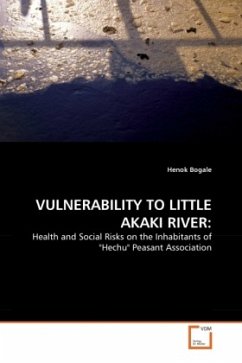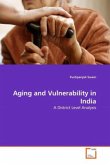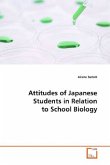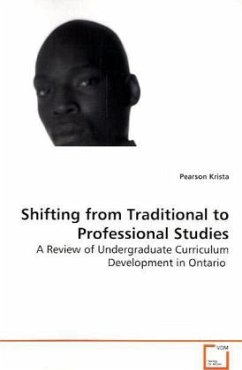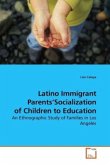The objective of the study was to assess the impact of river pollution on the lives of the inhabitants of the "Hechu" Peasant Association. The study revealed that the river pollution has affected the inhabitant's health seriously. Water related human health problems such as typhoid, dysentery and amoeba are commonly reported among the inhabitants. As a result, the major problems experienced by the inhabitants were increased medical expenses, low agricultural production, problems on children's education and financial loss due to labor hire. In addition, the dwellers face the death of animals due to toxic pollutants, decline in production and decrease of animal body weight. The study revealed that the respondents that were economically poor tend to be strongly affected by the river pollution when compared with the well-off and middle-class respondents. The study also revealed that the inhabitants did not take any measures to stop the river pollution. However, they took precaution measures to reduce the effect of river pollution on their health like changing the water into alcohol, and adding ash on the water and filtering the river water using cloth.
Bitte wählen Sie Ihr Anliegen aus.
Rechnungen
Retourenschein anfordern
Bestellstatus
Storno

